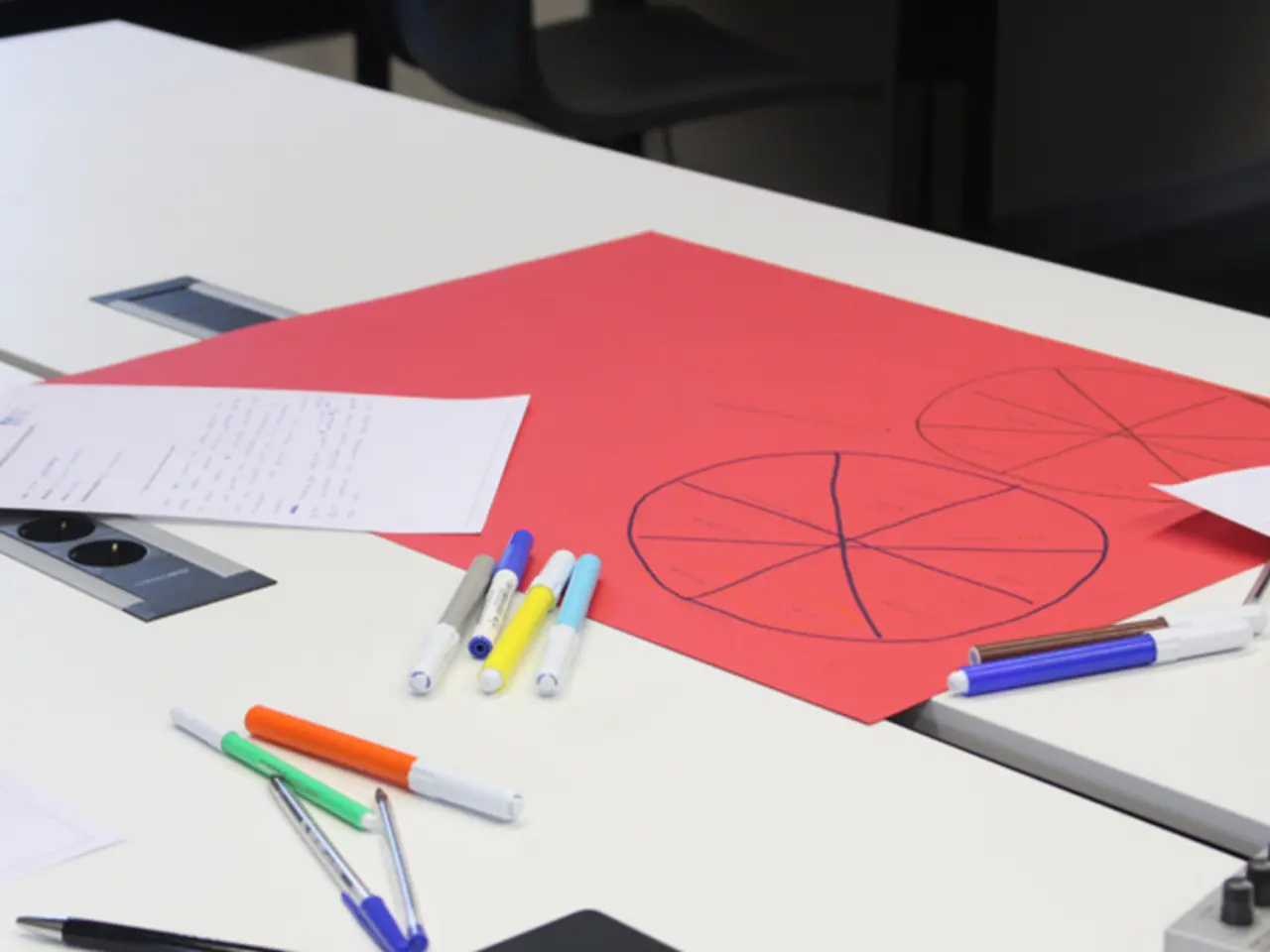Improving Executive Functions through Setting 12 Initial Individualized Education Program Goals
In the realm of education, it's crucial to consider individual student needs, especially for those with special educational requirements. This is particularly true when it comes to developing Individualised Education Program (IEP) goals, which should be tailored to each student's unique strengths, weaknesses, and learning styles.
One key area of focus for IEP goals is the development of executive functioning skills, particularly task initiation. Executive functioning encompasses a range of skills such as working memory, organization, and impulse control, which are often challenging for students with conditions like ADHD, autism, or other learning differences.
## Best Practices for Creating IEP Goals
1. **SMART Goals**: Ensure that goals are Specific, Measurable, Achievable, Relevant, and Time-bound. 2. **Individualized**: Tailor goals to the student's unique strengths, challenges, and interests. 3. **Functional**: Make sure the goals are aligned with real-life needs and promote self-management skills. 4. **UDL and SDI Integration**: Incorporate Universal Design for Learning (UDL) principles and Systematic and Differentiated Instruction (SDI) to provide structured practice and accommodate different learning styles. 5. **Regular Progress Monitoring**: Regularly track and adjust goals as needed to ensure they remain relevant and effective for the student's development.
## Examples of Executive Functioning IEP Goals
### Task Initiation
- By the end of the year, [Student] will initiate tasks independently within 5 minutes of receiving instructions 80% of the time across four consecutive weeks. - Accommodations: Use visual reminders or checklists to aid in task initiation.
### Organization and Time Management
- By May, [Student] will successfully organize and complete homework assignments within the allotted time frame 85% of the time across five consecutive weeks. - Accommodations: Provide a planner or digital reminder system.
### Working Memory and Attention
- By April, [Student] will recall and follow three-step directions accurately without prompting 90% of the time across three consecutive weeks. - Accommodations: Use visual aids or provide directions in written form.
### Inhibitory Control
- By the end of the year, [Student] will interrupt others less than once per day during group activities 80% of the time across four consecutive weeks. - Strategies: Teach and reinforce self-regulation techniques like deep breathing or waiting turns.
### Cognitive Flexibility
- By March, [Student] will adapt to changes in routine or unexpected events without becoming upset 85% of the time across five consecutive weeks. - Strategies: Practice role-playing different scenarios and using visual aids to prepare for changes.
These examples and best practices can help in crafting effective IEP goals that support students in developing essential executive functioning skills for long-term success.
Other resources, such as the Real Life Executive Functioning Workbook, The IEP Goal Bank, and the Executive Functioning Assessment, can provide additional guidance and strategies for improving executive functioning skills in students with special needs. By focusing on these skills, educators and parents can help students with special needs achieve their full potential and prepare them for success in their personal and academic lives.
- To foster personal growth and long-term success, educators and parents can focus on goal setting that integrates executive functioning skills, such as task initiation, in Individualised Education Programs (IEPs).
- Effective IEPs should also cater to the student's personal development, with a focus on life skills like time management and organization to promote self-sufficiency and independence.
- Pursuing education-and-self-development resources, such as The Real Life Executive Functioning Workbook, The IEP Goal Bank, and the Executive Functioning Assessment, can offer further insights and strategies to enhance executive functioning skills and facilitate personal growth.
- Additionally, an emphasis on learning and continuous improvement in areas like working memory and cognitive flexibility can lead to a substantial impact on a student's personal-growth journey and overall success.




